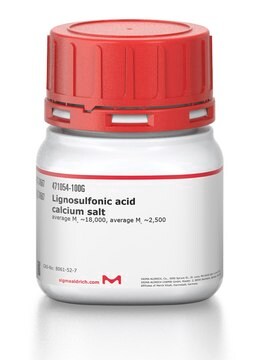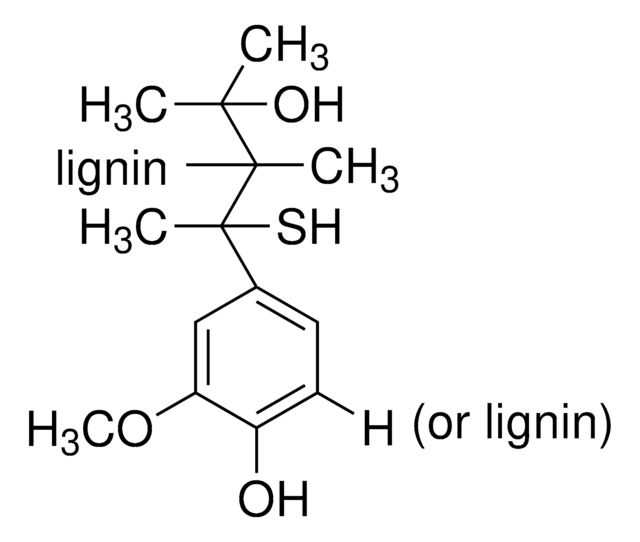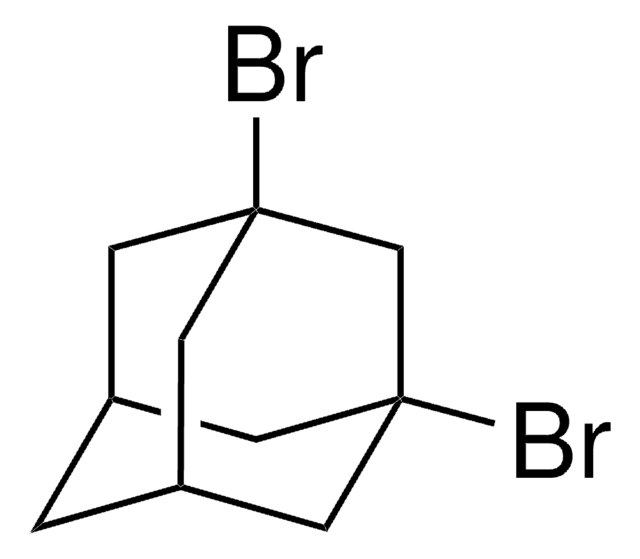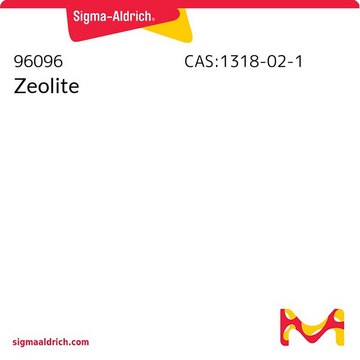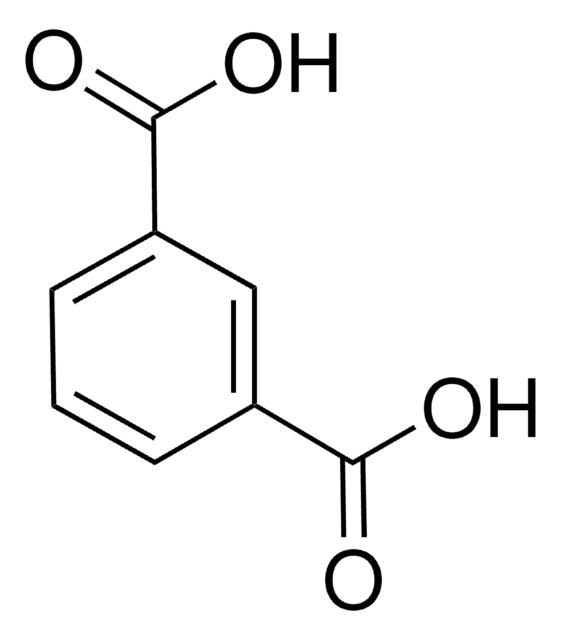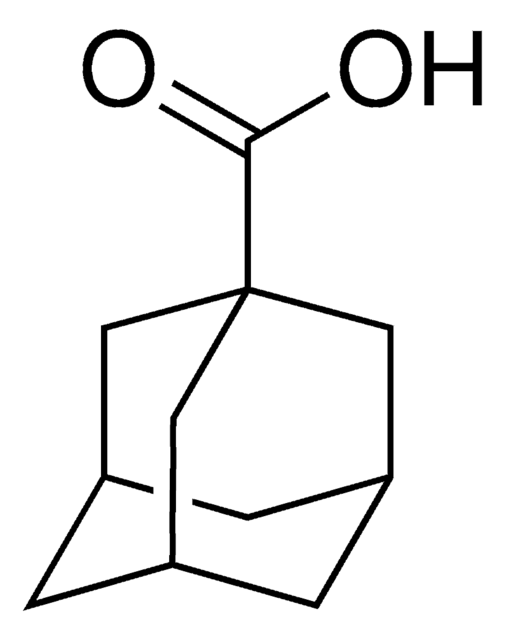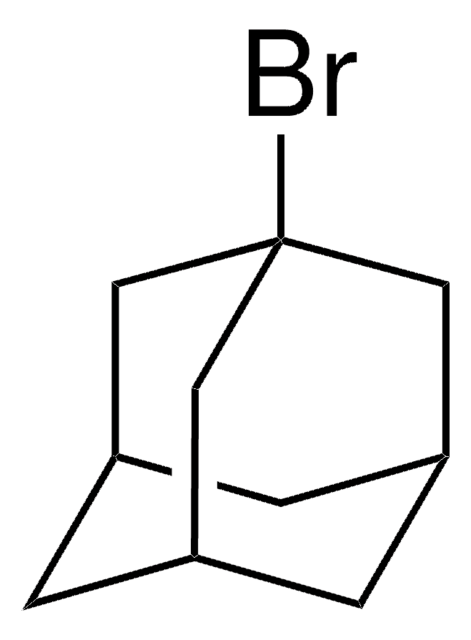471038
Lignosulfonic acid sodium salt
average Mw ~52,000, average Mn ~7,000
Synonym(s):
Sodium ligninsulfonate
About This Item
Recommended Products
form
solid
Quality Level
mol wt
average Mn ~7,000
average Mw ~52,000
composition
Na, 8 wt. %
impurities
4 wt. % reducing sugars
6 wt. %
solubility
H2O: soluble
SMILES string
[Na+].[Na+].[S](=O)(=O)([O-])CCCc1cc(c(cc1)OC(C[S](=O)(=O)O)Cc2c(c(ccc2)OC)[O-])OC
InChI
1S/C20H26O10S2.2Na/c1-28-18-7-3-6-15(20(18)21)12-16(13-32(25,26)27)30-17-9-8-14(11-19(17)29-2)5-4-10-31(22,23)24;;/h3,6-9,11,16,21H,4-5,10,12-13H2,1-2H3,(H,22,23,24)(H,25,26,27);;/q;2*+1/p-2
InChI key
YDEXUEFDPVHGHE-UHFFFAOYSA-L
Looking for similar products? Visit Product Comparison Guide
Related Categories
Application
Features and Benefits
Storage Class Code
11 - Combustible Solids
WGK
WGK 1
Flash Point(F)
Not applicable
Flash Point(C)
Not applicable
Personal Protective Equipment
Choose from one of the most recent versions:
Already Own This Product?
Find documentation for the products that you have recently purchased in the Document Library.
Our team of scientists has experience in all areas of research including Life Science, Material Science, Chemical Synthesis, Chromatography, Analytical and many others.
Contact Technical Service